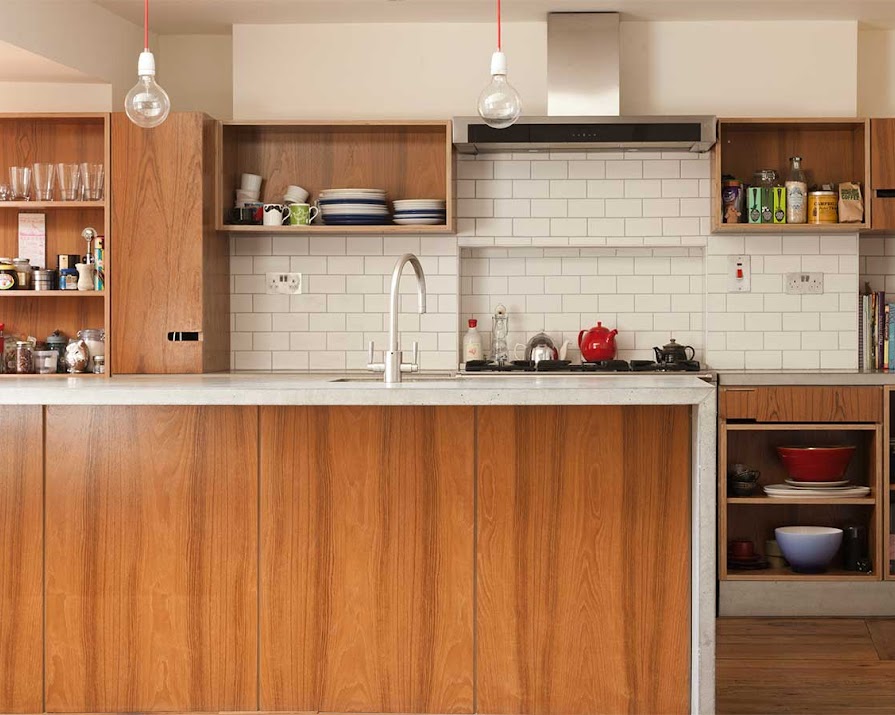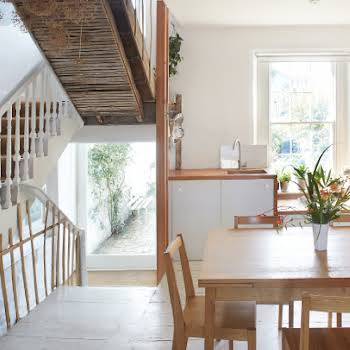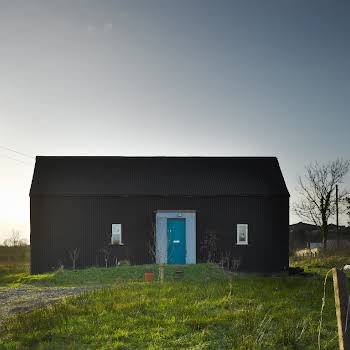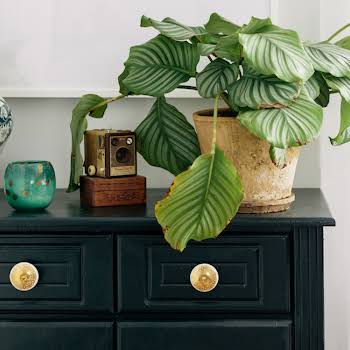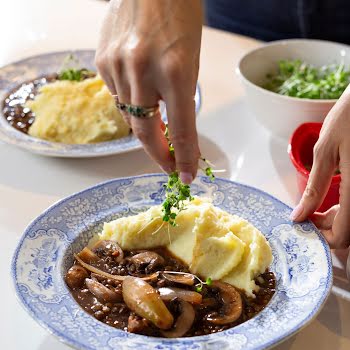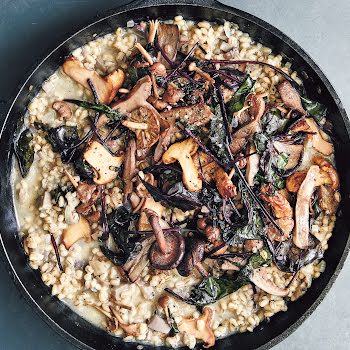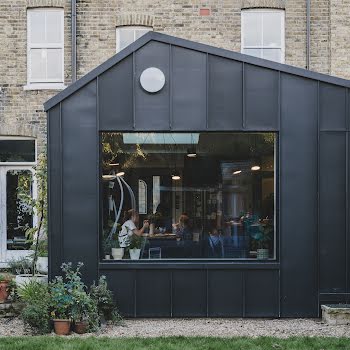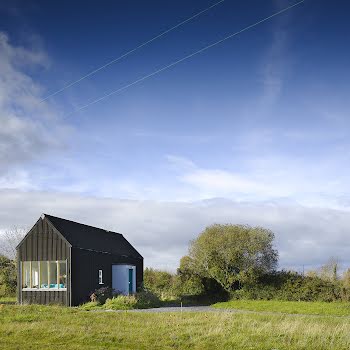The pros and cons of stone, concrete, steel, solid surfaces and timber kitchen countertops
By Lauren Heskin
11th Jan 2024
11th Jan 2024
There is so much choice when it comes to your kitchen countertops – what material you want and how much budget you have to spend. Here's what you need to know about solid surfaces, engineered stone, concrete, timber and steel.
When it comes to a new kitchen, there are so many decisions to make. Where will you need electrics, do you want the oven beneath the counter or at eye line, can you afford solid wood units or ply, will they be a shaker style or very minimal?
However, your kitchen countertops are what you’ll be looking at more than anything else. You’ll be reading cookbooks, prepping food, eating and generally lounging around next to, so it’s important to make the right choice. And right now there’s more choice than ever.
As new technology comes to the forefront of kitchen design, we look at the pros and cons of six different work surfaces – some old favourites and some newer, synthetic amalgamations.
Concrete
Concrete is becoming a more favoured choice with the continued popularity of industrial trends. However, not any or every builder can install it. For longevity, worktops need to be precast and installed by a specialist. “We use a glass fibre reinforced concrete, which doesn’t need the steel reinforcement of traditional concrete,” says Conor Carruthers of Concar Designs. “This allows for wider, thinner, lighter slabs.”
Cracking can occur if concrete is not made or installed properly, and it does require sealing as it is porous. “We apply a polyurethane epoxy-based sealer. It’s a one-time application with extremely high heat and scratch resistance properties,” explains Conor.
Natural stone

A marble Rhatigan & Hick marble kitchen
Granite, marble and quartzite have long been traditional choices for kitchen countertops. While granite might conjure up memories of a 1990s kitchen, know that it is available in a variety of finishes, is extremely hardy and won’t chip.
Marble is slightly softer and requires regular maintenance, but its beautiful swirls make it an obvious aesthetic choice. If you’re looking for a marbled effect, but need your kitchen counter to be extra durable, quartzite is a good alternative.
Solid surfaces
Solid surfaces like Corian and Silestone are more recent advancements in work surfaces that are made of acrylic or polyester resin (or a combination of the two), with ground stone or other pigments. This offers a range of colour and texture options, from a stone-like surface to a high-shine white.
Designed for long-term wear, solid surfaces can be made seamless and can integrate the backsplash and sink without any joining. However, it is prone to scratches and heat marks, which need to be sanded and buffed out by a professional, and it lacks the depth and intensity of natural stone.
Wood

Photo by kevin laminto on Unsplash
Wooden countertops add a warm feel to your home like no stone or engineered surface can. Of course, wood can be varnished or stained to your colour preference and it also has natural anti-bacterial properties, so it is ideal for food preparation areas.
However, wood requires significant maintenance; resealing every few years (giving a waxy appearance), or else it requires mineral oiling every eight weeks. It’s also very likely to mark and burn and can swell and discolour with prolonged water exposure. If you’re not prepared to take on this responsibility, your countertop will warp, stain and will need to be replaced in a few years.
Engineered Stone
Engineered stone or quartz surfaces are an update on solid surfaces that combine quartz fragments (around 90 per cent) with a synthetic resin to bind them. It offers the depth and shine of natural stone, while keeping the durability and resistance of a solid surface and does not require sealing.

Going a step further with these advancements is sintered stone, like Neolith, pictured above, available from Tile Merchant, which is a combination of engineered stone and solid surface technology. It is able to replicate a range of surfaces and patterns from marble and granite to copper and iron, by combining the durability and colour of engineered stone with the lightweight seamlessness of solid surfaces.
Stainless Steel
Widely considered one of the best surfaces for a busy, bustling kitchen, stainless steel is virtually indestructible and impenetrable, making it extremely hygienic and stain-proof. It won’t conduct heat, doesn’t need sealing and requires minimal maintenance. However, if you desire a tidy, calm kitchen, stainless steel is not for you. It’s noisy, marks and smudges easily and will quickly patina with scratches and dings. It is often mounted on wood to add strength and prevent denting. Look for low gauge steel, as the thin metal will dent easily.
Featured image via Cillian Johnston Design and abgc.
This article was originally published in June 2022.











